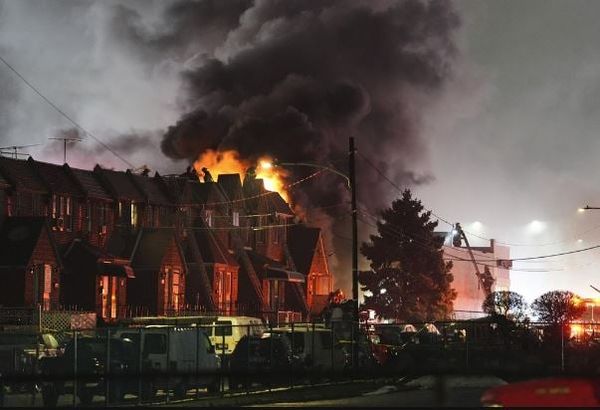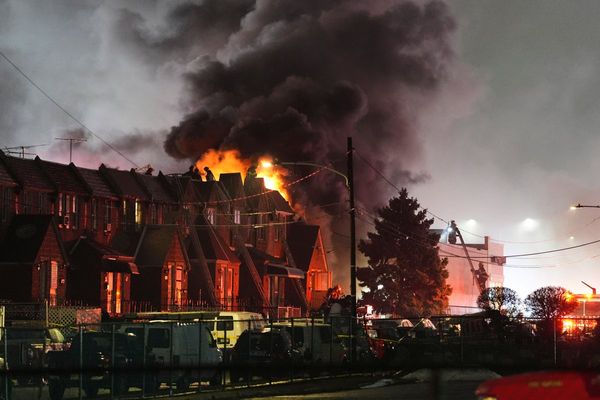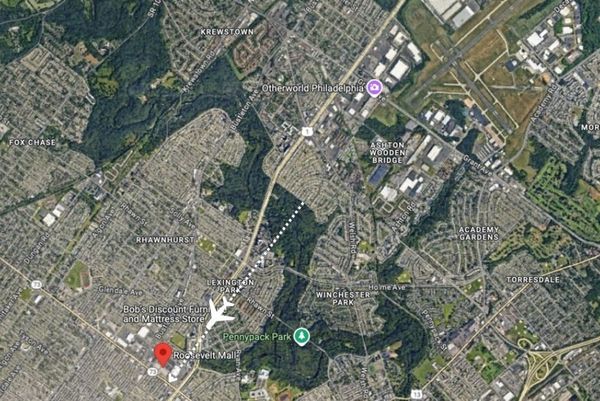
Near Believing: Selected Monologues and Narratives 1967-2021 by Alan Wearne (Puncher and Wattman)
Telling tales of Australian publishing and its adventures these days has the air of gathering around a fire made of plasma TVs, after the apocalypse has happened, to remember the before times. There was a time… when Penguin published a 250-page poem in a large paperback edition with a schmick cover and a lot of publicity put behind it. That volume was The Nightmarkets of 1985, the first really long poem — as opposed to a merely long poem — by Melbourne-born poet Alan Wearne, who has now been writing and publishing for nearly 60 years. Near Believing is a selection of that work, several dozen individual poems, together with passages from his epic works.
The Nightmarkets demonstrates that epic is no loose term. The title refers to the dozens of brothels that populated South Melbourne when the advertising industry was centred there, and features the intertwined stories of a dozen or so Melbourne lefties, passing from the radical years of the 1970s into the conservatising and disappointing years of the 1980s. The work centres on an affair between one such young woman, Sue, and a dashing renegade Liberal and one-time minister, now starting his own genuinely liberal party, to counter the rightward drift of the country under what we at the time called the fascist Malcolm Fraser.
Fascism, yeeeeees… in those years, Penguin didn’t hesitate to get behind a work that, making high four-figure sales, proved to be one of Australian poetry’s all-time best-sellers. It introduced people to the different thing that poetry does, even when it’s telling a story as racy as a bonkbuster airport special. A passage when the scandalous-in-Carlton affair begins:
By Easter [Sue is speaking]
I was getting driven up to Koornung
noon on Thursday, a jacket and bag were already flung
into your car, somewhere near Queen Street
and the office. You’d your turn to shout “Another treat…“
and it was lunch at Lulu’s.
Out on the highway I started to puff
a number. He laughed: “If you’ve got to smoke that stuff,
Wind down the window…“
The easy movement and the unobtrusive rhyme, and the vast sweep — this was the whole of inner Melbourne of that period in extensive stanza — reminded you once again of what was lost in the displacement of the epic by the novel, that delicious flow, between dream and the real, without either text or reader feeling the need to sort out which it is. The success of The Nightmarkets not only put that back in the cultural stream (years before Vikram Seth would return the genre to prominence on the world stage with The Golden Gate) but made Les Murray hopping mad with envy, just ropeable, so, win-win.
The Nightmarkets is lurid and racy and teeters towards melodrama like a drunk femocrat on Verali heels, and there have been, as per tradition, perpetually unrealised plans for a TV adaptation. Penguin commissioned another, hoping for more of that, and it got it, sort of, in The Lovemakers, a larger story that eventually reaches the heights of criminal QCs, heroin dealers and the movement of money and power, like the front page of the old afternoon Herald versified. But it’s also a story of Blackburn South in the 1950s and the creation of a friendship group at a teacher training college.
That is hardcore Melbournism, and my preferred part of the work, an epic — interconnected but continuous poems in multiple forms in this case — of true localism. Funny how both you and Gerald Murnane emerged from the same small area, I once said to the author. “What same area?” “Well, Blackburn and-” “Blackburn South!” “Blackburn South and Macelod [a featureless eastern Melbourne burb Murnane chose to live in, precisely for its nihility]”. He looked at me outraged. “They’re not even on the same train line!” The body of work is at least in part the love child of Dame Edna and Sandy Stone.
But by now it was the ‘90s, and Penguin wouldn’t come at publishing a 600-page work, which had the spirit of the title of a forthcoming Wearne work Yarraville Confidential, so split it into two volumes, which always works, marketing-wise. ABC Books picked up the second volume, they languished, and the great adventure of mainstream Australian poetry publishing was over, as our post-cultural period descended.
Since then, Wearne has published a number of volumes of shorter poems through Giramondo, the bulk of them devoted to that thing that few poets now do: take the point of view of the other, looking out at the world from within. The result is a vast chorus-cacophony, whose ultimate drive might be compassion, and the possibilities of recuperation, through the representation of an infinite and fractured world-mind, at least in one mid-size, city-shaped patch of it, such as this, from the monologue of a former children’s homeboy in the last years of such institutions (“The Large House in Lalwa Street”):
Always looking about myself,
if hardly at myself.
And when I found love, or thought I did
I liked it.
I could be many people’s boy,
which still is now advantage/disadvantage;
for it remains such a bewildering comfort
guessing how much you’ll never know (especially about yourself)…
Which could be said to be the poet’s predica- oh, you worked that one out, did you? Good for you. But this is one among hundreds of characters, lovelorn smack dealers, philosophising meatworkers, Collins Street grandees, desperadoes of share houses crowded with empties of long-vanished Abbots Lager.
The scope is vast, beyond the ambition of those — the novelists and filmmakers — whose job this thing should be. But it can be read in sections, dipped in and out of, for that delicious flow, thought moving on the silence within the noise. Yarra Confidential is imminent. And after that, I am told, Moonlight Over Vermont South…







